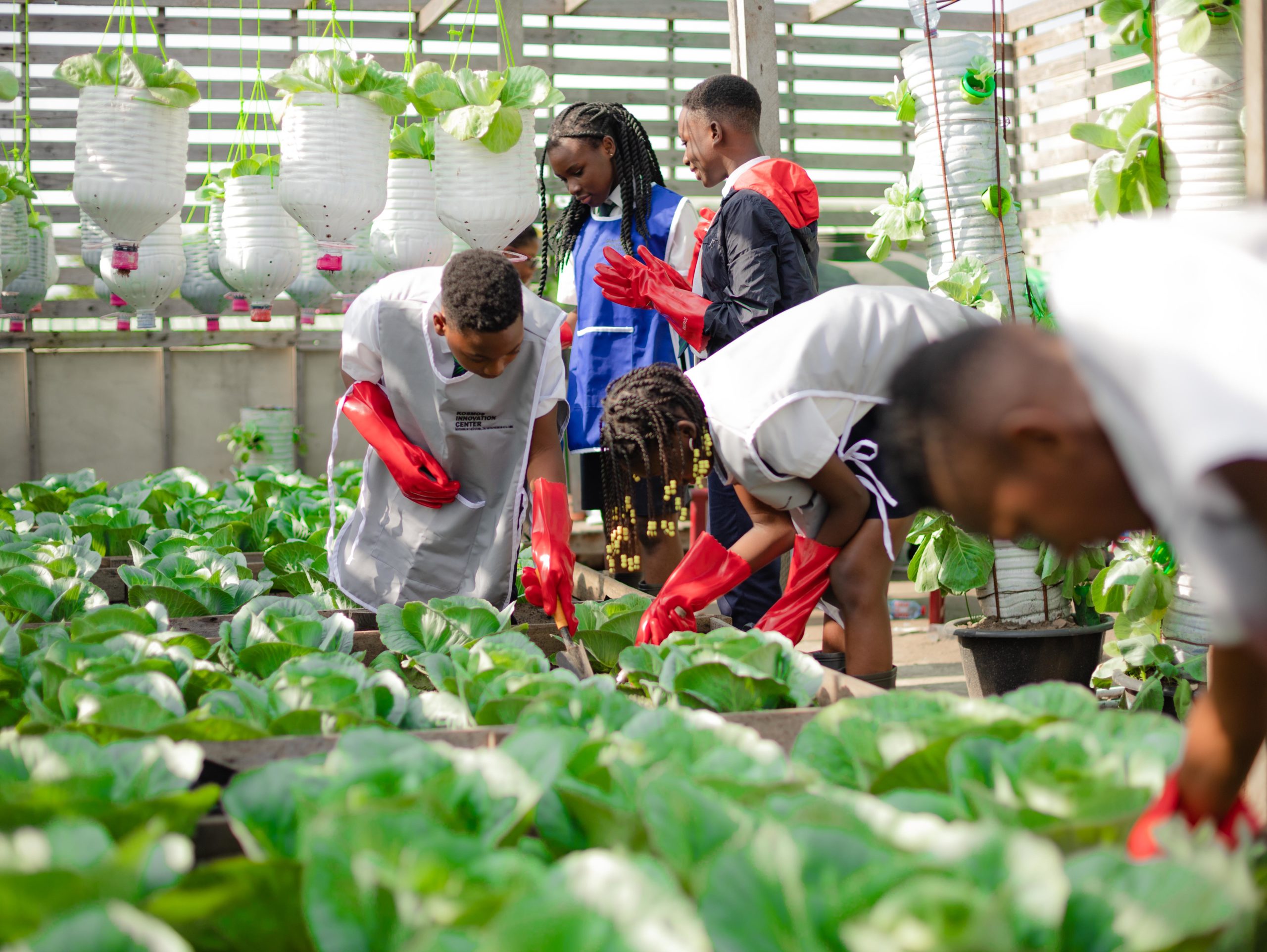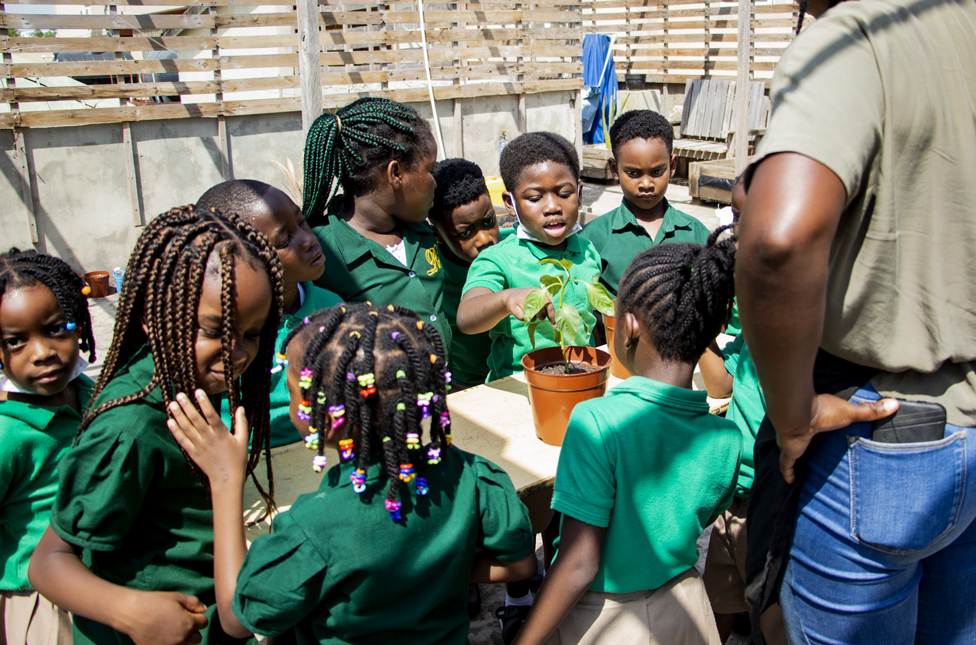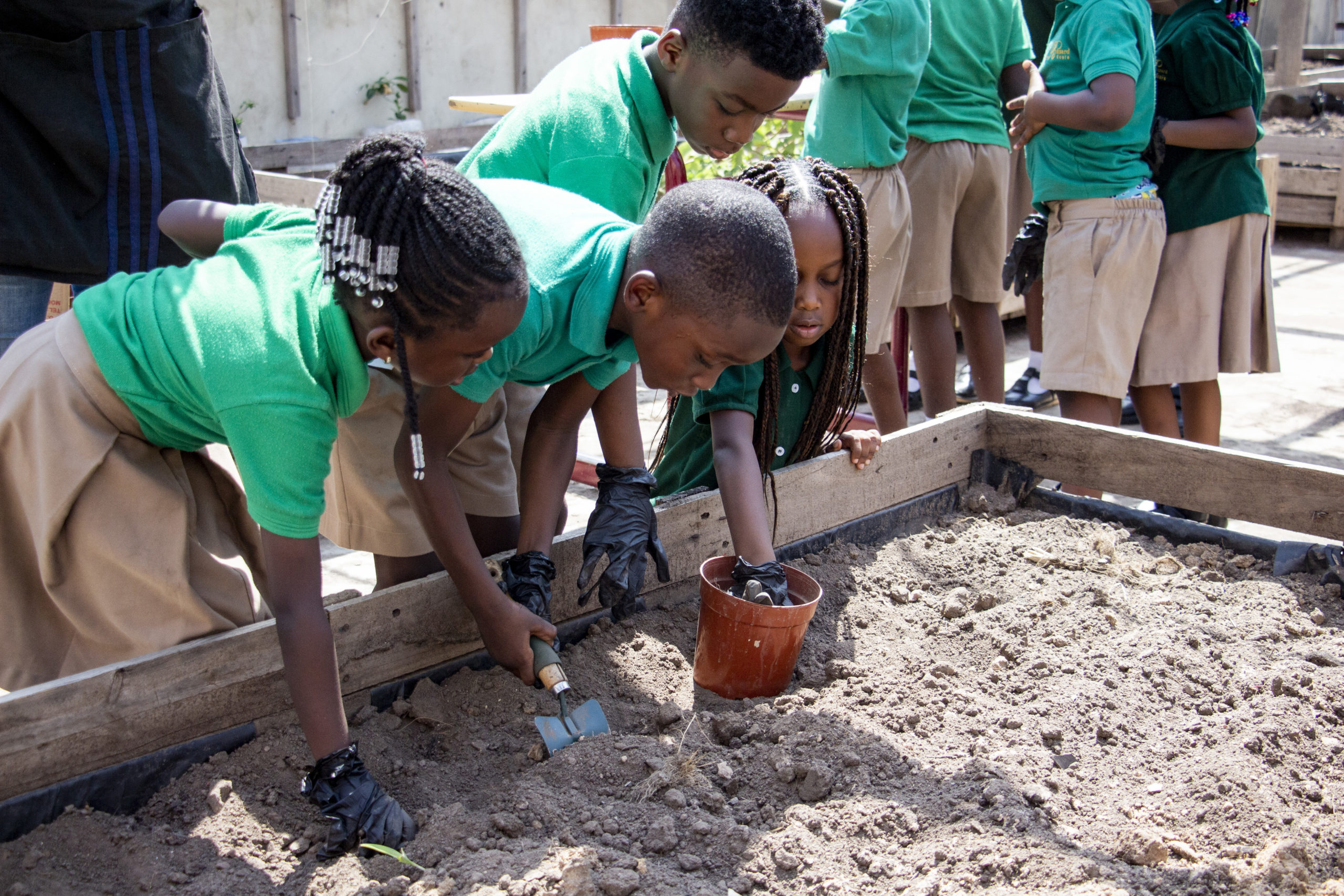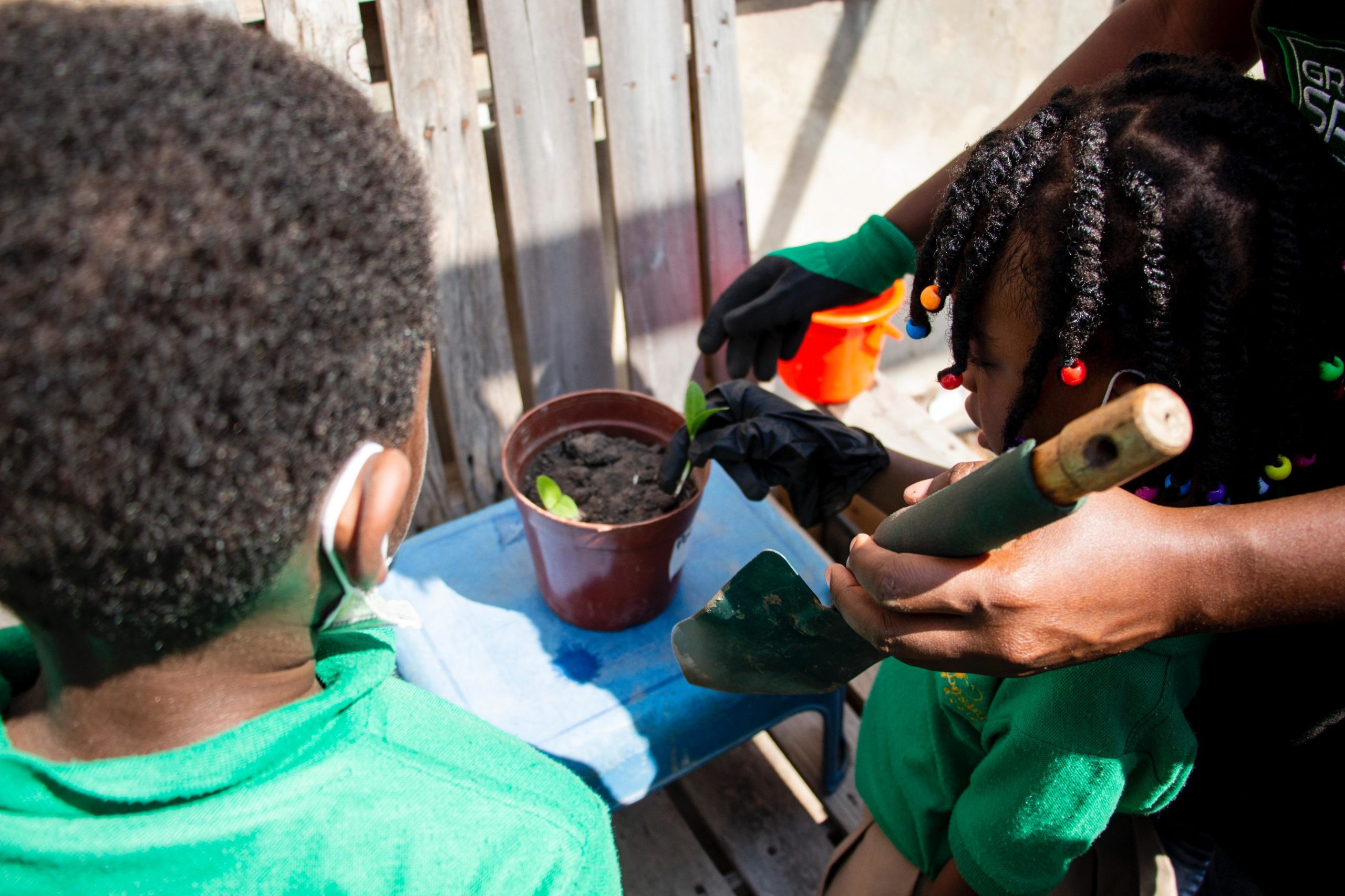Classroom to Farm: Ecole Ronsard’s Innovative Approach to Agricultural Education
Classroom to Farm: Ecole Ronsard’s Innovative Approach to Agricultural Education
Thinking about agriculture often brings to mind expansive crop fields, hardworking farmers caring for their livestock, and the pleasant scent of freshly harvested produce typically in a rural setting. However, we see beyond this conventional imagery.
For us, the essence of agriculture lies in the captivation it brings to children— tiny hands in the soil, eyes filled with awe, and the magic of seeds transforming into food. This encapsulates the true spirit of Agriculture at Ecole Ronsard.
In an era defined by swift technological advancement and urbanization, it is increasingly crucial to ensure that young minds grasp the basics of food origins and environmental awareness.
Acknowledging this imperative, the school has taken a progressive step by integrating agriculture into its curriculum. The innovative move aims to nurture a profound understanding of the essential role agriculture plays in our daily lives and on a global scale.
This article delves into the motivation behind the initiative, outlines its execution, and highlights the substantial progress it has achieved thus far.
The introduction of agriculture to our students’ curriculum seamlessly aligns with the school’s tenth-anniversary vision, emphasizing the infusion of innovative, entrepreneurial, and practical dimensions into agricultural education.
This entails integrating modern technologies and sustainable practices to creatively address farming challenges, identifying agribusiness opportunities on the entrepreneurial front, and emphasizing hands-on experiences to cultivate essential skills like planting, harvesting, and resource management.
Overall, the initiative aims to provide a holistic understanding of agriculture in line with the school’s vision.
It’s noteworthy that Agriculture was not part of the school’s curriculum from its inception until approximately a year ago when it was formally introduced as a subject. The initiative was initially launched in the primary school, commencing with years 1 and 2, with subsequent classes gradually incorporating it.
Currently, Agriculture is a subject taught in all primary classes. However, this doesn’t exclude the secondary school; even though it hasn’t been officially integrated into upper and lower secondary subjects, students have actively participated in hands-on and practical training on the school farm, engaging in planting and harvesting crops for the Blueskies Farm Competition.
In the foreseeable future, there are plans for the official integration of Agriculture as a subject in both upper and lower secondary levels. This choice goes beyond a mere curriculum enhancement; it signifies a dedication to nurturing a generation that understands the complex interplay between humans and the environment.
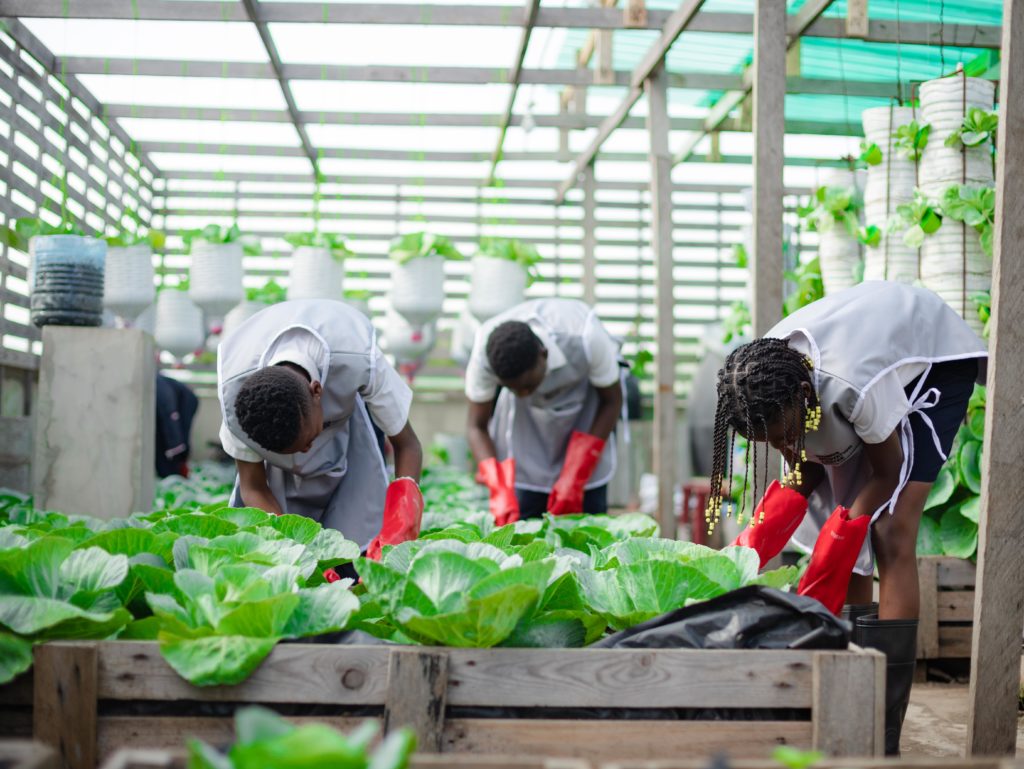
In contrast to conventional agriculture, our approach is distinctive. It is not just practical but also centred around problem-solving, with minimal reliance on theoretical concepts. The theoretical aspects serve as a foundation for practical application. The subject is structured similarly to other core subjects; however, instead of traditional exams, students engage in projects and conclude each term with a final presentation.
For example, in a term project, students in years 1 and 2 were tasked with cultivating carrots in clayey soil. Ordinarily, carrots struggle in such soil, but the students, guided through regenerative agriculture techniques, successfully nurtured and presented their carrot growth project. Hence, beyond merely planting seeds, they concurrently learn how to enhance soil for cultivation, irrespective of its composition

The curriculum also explores the understanding of product life cycles and sustainable agriculture. It serves as a central hub for students to practically apply concepts learned in the classroom. Agriculture, being an interdisciplinary field, integrates elements from subjects like biology, chemistry, geography, etc., allowing students to witness real-world applications of their academic knowledge.
Gaining insight into the food journey from the farm to the table through our school farm has played a pivotal role in fostering food literacy. Students acquire knowledge about the nutritional content of various crops, the significance of varied diets, and the influence of food choices on individual health. This knowledge contributes to the cultivation of enduring habits promoting a healthy and balanced diet throughout one’s life.
